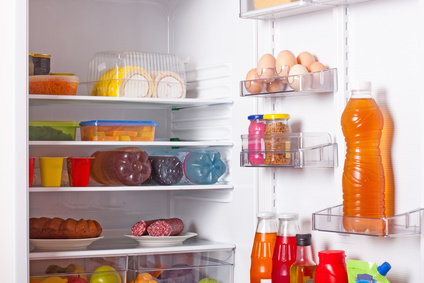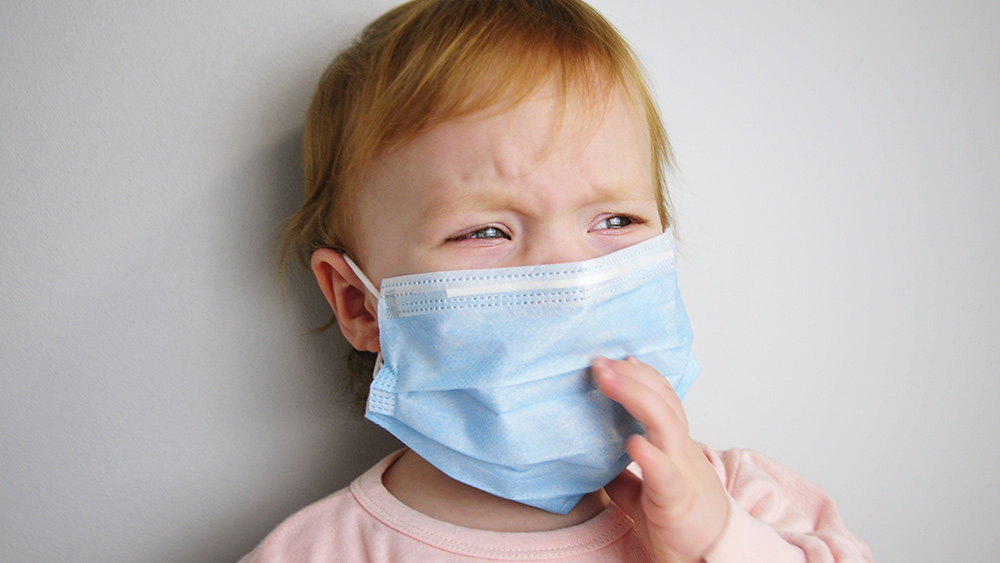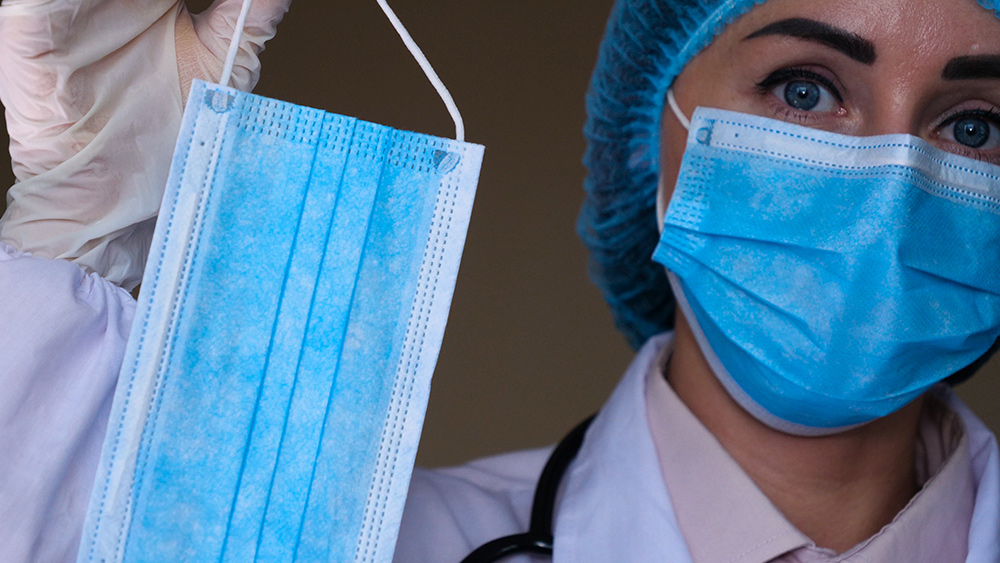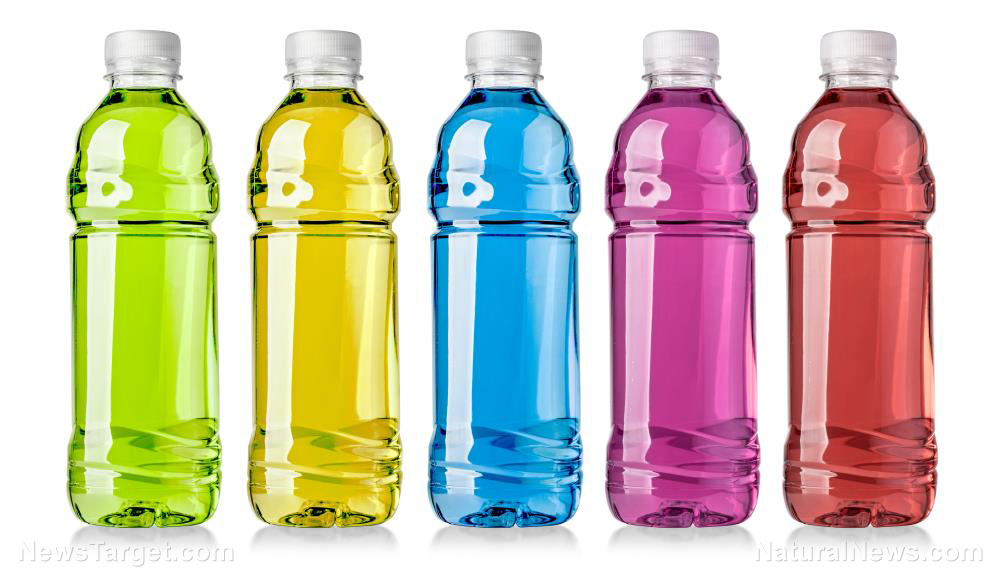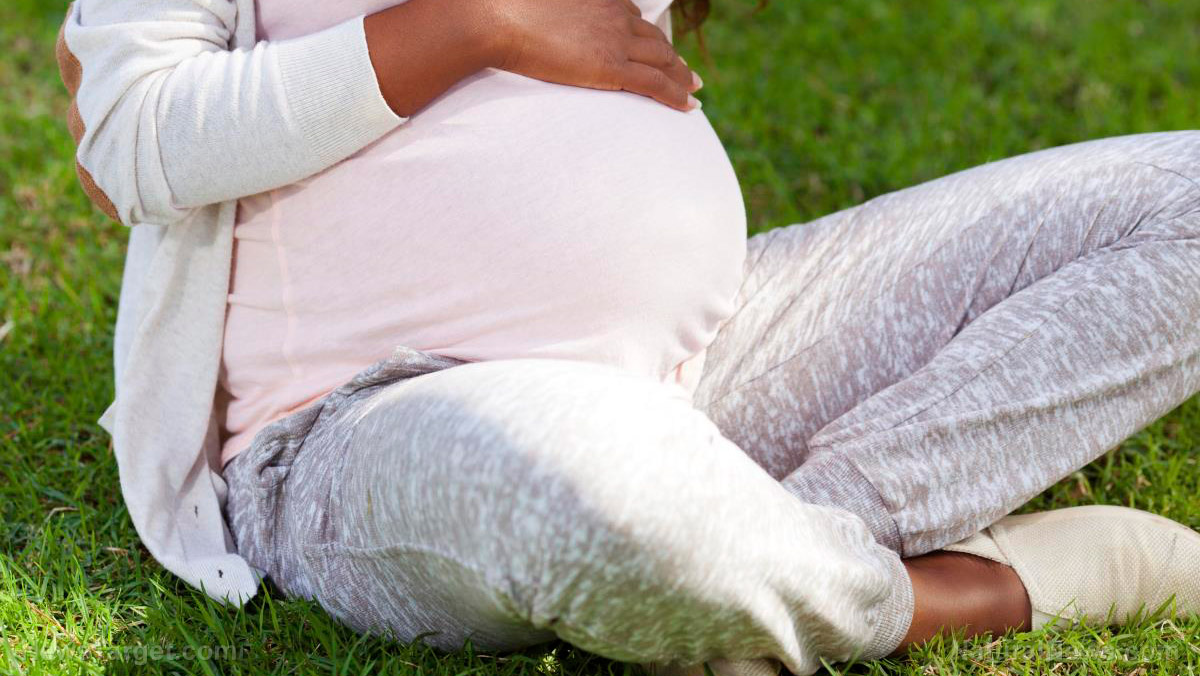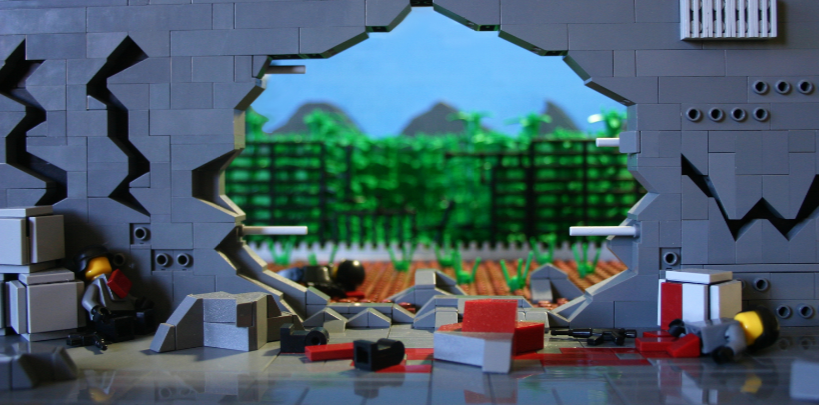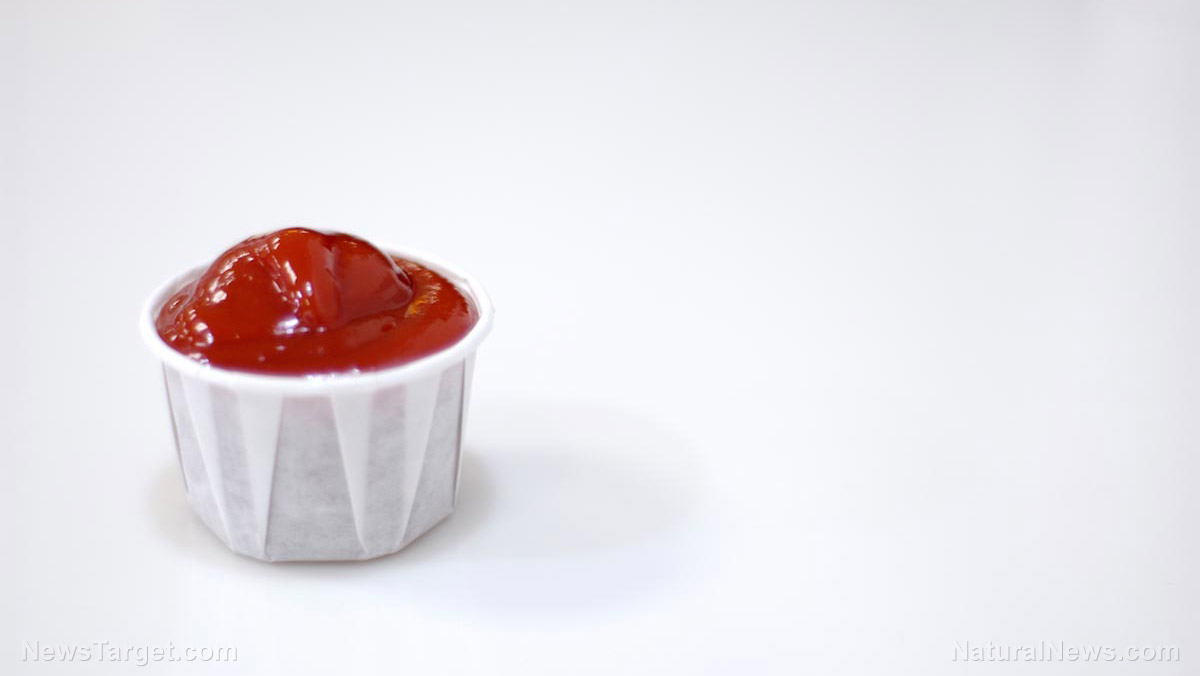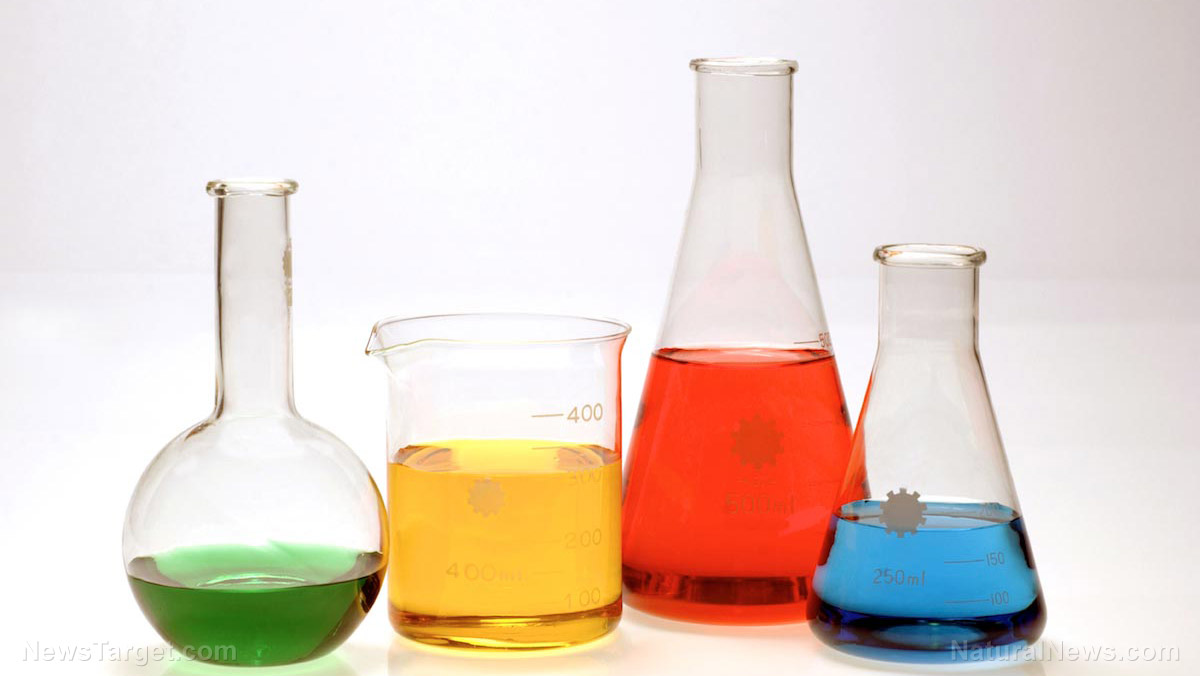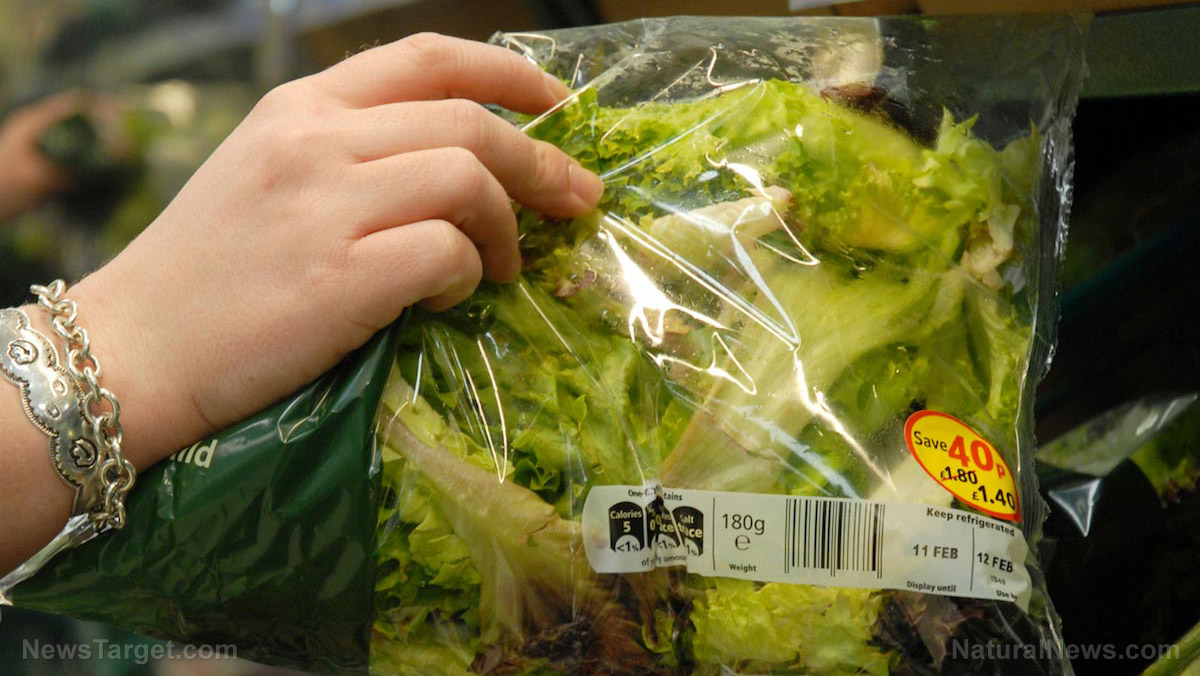Coca-Cola rolls out a recycled bottle made with a tiny fraction of all the plastic waste the unethical corporation has dumped on the world
11/21/2019 / By Ethan Huff

In an effort to appear environmentally friendly, the Coca-Cola Company has announced plans to start making pop bottles out of recycled plastic waste pulled out of the world’s oceans.
In a press release, Coca-Cola explained how it recently created 300 sample bottles made from ocean trash, which the company says demonstrates how “one day, even ocean debris could be used in recycled packaging for food and drinks.”
Even though Coca-Cola is directly responsible for creating much of this plastic waste in the first place, the junk food giant wants us all to believe that it’s “doing its part” to save the planet from a “climate catastrophe.”
“The marine plastic bottle has been developed to show the transformation potential of revolutionary ‘enhanced recycling’ technologies, which can recycle previously used plastics of any quality back to the high-quality needed for food or drinks packaging,” the company announced.
“Enhanced recycling technologies use innovative processes that break down the components of plastic and strip out impurities in lower-grade recyclables so they can be rebuilt as good as new,” Coca-Cola further contends.
What this means, according to Coca-Cola, is that lower-grade plastics intended for incineration or the landfill now have the potential to be given “new life.” In turn, this also means that more materials are available to make recycled content, which Coca-Cola explains could reduce the amount of “virgin PET needed from fossil fuels,” resulting in “a lower carbon footprint.”
Coca-Cola was recently ranked the world’s worst plastic polluter for the second year in a row
As cool as this all might sound, it’s important to point out that these claims by Coca-Cola are somewhat disingenuous.
First of all, this isn’t the first time that a company has successfully recycled ocean trash for use in food and beverage packaging. Secondly, only 25 percent of Coca-Cola’s new “enhanced recycling” bottle will be made from recycled ocean plastic – meaning the other 75 percent is just more new plastic, much of which will end up being dumped right back into the ocean.
It’s also important to note that Coca-Cola has contributed so much plastic waste to our oceans already that it was dubbed the worst plastic polluter on the planet for the second year in a row, along with Nestle and PepsiCo.
“This all seems like a noble effort on the surface, but the Coca-Cola corporation is certainly a day late and a buck short in making amends for how much they have contributed to the plastic pollution problem,” reports The Waking Times.
“A recent audit of plastic waste estimated that Coca-Cola had around 11,732 plastics in around 37 countries recorded on 4 different continents, and is responsible for roughly 2.5% of the plastic pollution in the world,” that same report goes on to explain.
This is a dismal track record of environmental protection, to say the least. And yet Coca-Cola wants us all to believe that it’s acting in a “progressive” manner to nip this problem in the bud, even though this problem has been going on for decades, with Coca-Cola leading the pack in pollution generation.
In many ways, it’s hard to know whether there’s even any validity to Coca-Cola’s latest “green” attempt, seeing as how the company was outed a few years back in 2015 for spreading propaganda across the web about the “science” backing its products.
On the flip side, Coca-Cola did cut ties with Planned Parenthood that same year after controversy arose about food and beverage corporations using aborted fetal cells in their flavor concoctions.
“I can’t believe people are still drinking Coca-Cola,” joked one commenter at The Waking Times about this latest news.
For more related news about corporate pandering to the “climate change” hoax, be sure to check out Climate.news.
Sources for this article include:
Submit a correction >>
Tagged Under:
climate hysteria, Coca Cola, corporation, deception, environ, environment, evil corporation, landfill, microplastics, Plastic, plastic waste, recycled bottle, unethical
This article may contain statements that reflect the opinion of the author
RECENT NEWS & ARTICLES
Microplastics.News is a fact-based public education website published by Microplastics News Features, LLC.
All content copyright © 2018 by Microplastics News Features, LLC.
Contact Us with Tips or Corrections
All trademarks, registered trademarks and servicemarks mentioned on this site are the property of their respective owners.





